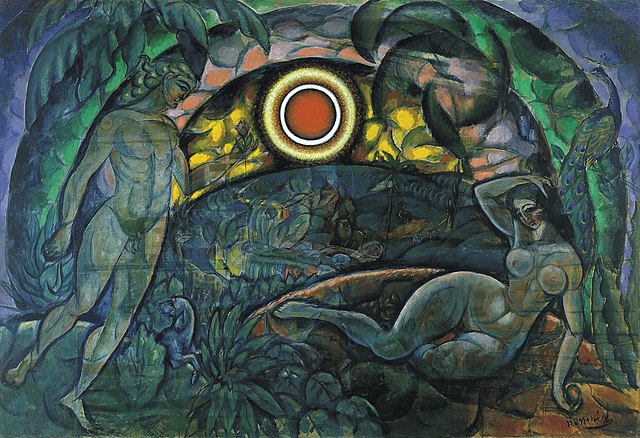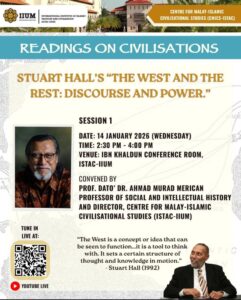A Comparative Study of Human Creation and the Continuation of Progeny with an Emphasis on the Concept of ‘Nafs Wahida’ in the Quran and the Bible

Author (s) : Nafiseh Shirmahi, Elahe Hadian Rasanani
Institution : Quranic Sciences Department, University of Quran and Hadith, Tehran
Iran, Islamic Republic of
Category : Article, IJMMU
Topics : Nafs Wahida, Origin of Human Creation, Continuation of Human Lineage, Creation of Adam and Eve, Quran, Biblical Scriptures.
The creation of humankind has always been a fundamental topic in religious texts, with “Nafs Wahida” (a single soul) being one of the key concepts in this regard. This study, employing a comparative approach and content analysis method, examines the perspectives of the Qur’an, the Torah, and the Gospels on the creation of humans and the concept of “Nafs Wahida.” The primar objective of this research is to conduct an in depth analysis of the sacred texts of the Abrahamic religions (Islam, Judaism, and Christianity) to identify the similarities and differences in their interpretations of human creation, the position of men and women, and the semantics of “Nafs Wahida.” The Qur’an, in four verses (Surah An-Nisa 4:1, Al-An’am 6:98, Al-A’raf 7:189, and Az-Zumar 39:6), introduces “Nafs Wahida” as the origin of human creation, indicating the unity of human origin and the commonality of all humankind in a single fundamental essence. This perspective emphasizes the equality of men and women in creation and affirms that both were brought into existence from the same essential source. In contrast, the Torah portrays Adam as a male individual and the representative of humankind, stating that Eve was created from one of his ribs. This suggests a lower status for women compared to men in this sacred text. Likewise, the Gospels reference the creation story but emphasize that Eve was created for Adam rather than vice versa. These texts present various theories regarding Eve’s creation, including the creation of Eve from Adam’s rib, the creation of Eve from the remaining clay of Adam’s formation, and the theory of the first human being as an androgynous entity. The findings of this study reveal that while the Qur’an underscores the creation of both men and women from a single essence, the Torah and the Gospels offer differing perspectives on the distinct creation of men and women. Nonetheless, all these texts affirm the unity of human origin and the complementary role of men and women in the continuation of human lineage.
Article can be downloaded here >> A Comparative Study of Human Creation and the Continuation of Progeny with an Emphasis on the Concept of ‘Nafs Wahida’ in the Quran and the Bible








